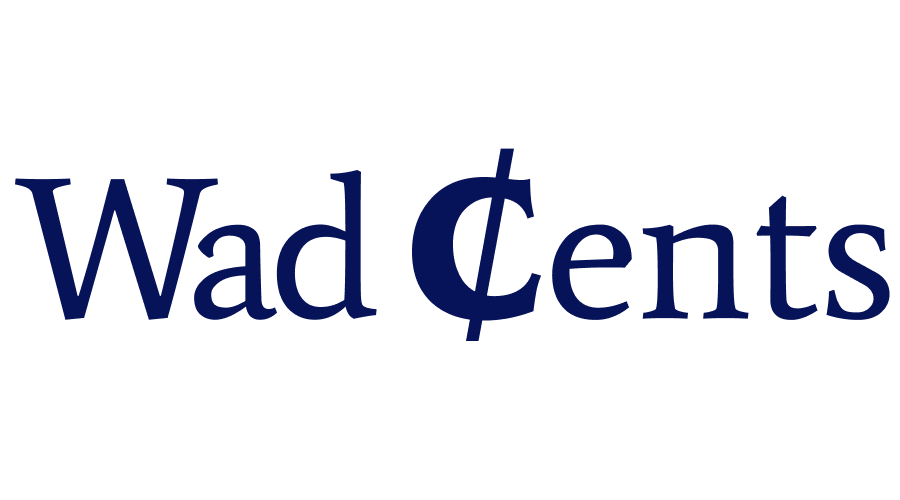When you borrow money from your 401(k) plan, you are essentially borrowing from yourself. Unlike traditional loans, a 401(k) loan does not require a credit check, and you can get approved quickly.
If you have finished paying off a 401(k) loan, and you still have a financial need, you may wonder how soon you can take a 401(k) loan after paying off the old loan. Is it immediate or is there a waiting period?
Let’s find out.
How soon can I take out a 401k loan after paying one off?
Generally, there is no set waiting period required by the IRS for taking another loan, and you may be allowed to take out a 401(k) immediately after paying one off.
However, different 401(k) plans may have different rules, and you should check your plan documents or talk to the plan administrator to know if there is a waiting period after paying off a loan.
While 401(k) plans can provide access to funds in certain situations, you should consider the impact it will have on your retirement savings journey. Generally, you will have less money in your 401(k), and you may miss out on potential growth through compounding.
By taking 401(k) loans every so often, your 401(k) balance may fall behind, and you may not be able to catch up on your retirement journey.
Can you take a 401(k) loan if you have an outstanding 401(k) loan?
If your plan allows multiple loans, you may be allowed to take out a second 401(k) loan even if you have an outstanding 401(k) loan. The sum of the two 401(k) loans must not exceed the maximum 401(k) loan limit. Usually, you can borrow up to 50% of your vested balance, or a maximum of $50,000, whichever is lower.
When determining the amount you can borrow as a second 401(k) loan, you should determine the highest outstanding balance of your 401(k) loan in the previous 12 months. Next, determine the outstanding balance on the day the second loan would be taken. Deduct this figure from the maximum loan amount you can borrow to know the largest allowable total loan balance.
For example, say the maximum 401(k) loan you can borrow is $50,000, and you took a $35,000 loan, which you have paid down to $30,000. The difference between the loan amount and the outstanding balance is $5,000. Deduct $5,000 from the maximum 401(k) loan you can borrow i.e. $50,000 to get the maximum allowable total loan balance, in this case, $45,000 ($50,000-$5,000). Since the outstanding amount is $30,000, it means you can borrow up to $15,000 ($45,000 – $30,000) for the second loan, which will bring the total outstanding balance to $45,000.
Can you borrow from a 401(k) left with a former employer?
If you have an old 401(k) with a company that you no longer work for, you won’t be allowed to take a 401(k) loan on it. You will need to roll over the money into your new employer’s 401(k) plan to be able to take a 401(k) loan.
If you want to access your old 401(k) money, one option you will have is a 401(k) withdrawal. You can take a partial or full distribution from your old 401(k) to meet your financial needs. However, be aware that you will owe income taxes on the withdrawal, and an additional 10% penalty if you are younger than 59 ½.
You may also choose to rollover the old 401(k) to your new 401(k) plan with your current employer (if your employer allows rollovers), traditional IRA, Roth IRA, or other qualified retirement plan. Please note that traditional IRAs and Roth IRAs don’t allow plan loans, but you can request a withdrawal.
Why do people take 401(k) loans?
401(k) participants borrow from their 401(k) retirement plans for various reasons. Most 401(k) plans offer two types of 401(k) loans i.e. general-purpose and residential loans.
A general loan can be used for any purpose and you won’t need to provide proof of how the funds will be used. You can use it to pay a high-interest debt, make a large purchase like a car or home furniture, pay for home repairs, pay utility bills, pay taxes, etc.
On the other hand, a residential loan can only be used to buy or build a principal residence. You can use it to make a down payment for a principal residence. You may be required to provide documentation to prove how the funds will be used. Remember, you cannot use a residential loan to buy a second home; it can only be used to buy a primary residence.
Since 401(k)s don’t require credit checks, you can get approved faster than other types of loans like personal loans and home loans that require a credit check. If you are married, you will be required to get spousal approval, since 401(k) assets are considered marital assets.
Alternatives to a 401(k) loan
While a 401(k) loan can help you meet your urgent needs quickly, it can set you back in your retirement journey. Before taking a 401(k) loan, you should consider the alternative options you might have:
Personal loan
If your credit is in good shape, you can qualify for a personal loan with favorable terms. A personal loan can help access a large sum of money, and pay back the loan over several years. However, personal loans may have a higher interest rate than a 401(k) loan, but it will help you avoid taking steps back in your retirement journey.
Credit card
If you have a good credit score, you may qualify for 0% APR credit cards that allow you to avoid interest charges for a specified period, sometimes longer than a year. However, only go for credit cards if you have a solid plan to pay back the credit before the 0% interest period lapses to avoid high-interest rates.
Home equity loan
If you have built substantial equity in your home, you can tap into your home equity for a loan. Check if you are eligible for a home equity loan and the amount you are eligible to receive. You can take a home equity loan to finance home repairs, roof replacement, or home improvements on your primary residence.


